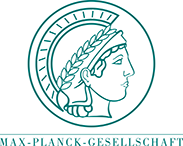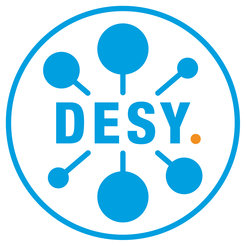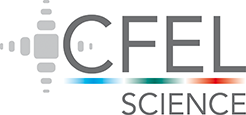A unique educational partnership
The IMPRS UFAST program benefits from the unique infrastructure in the area of ultrabright electron and X-ray sources located on the extensive, fast-growing Hamburg Science Campus. In this sought-after research school, the IMPRS partner institutions have created a unique collaboration dedicated to training talented young scientists from around the world in a rapidly developing and exciting research area.









